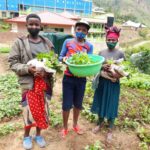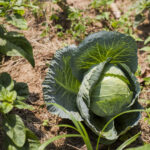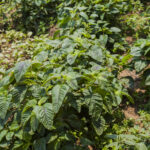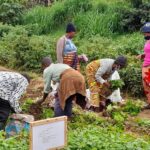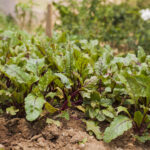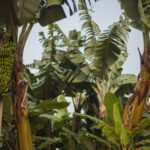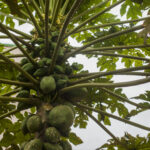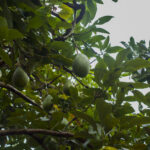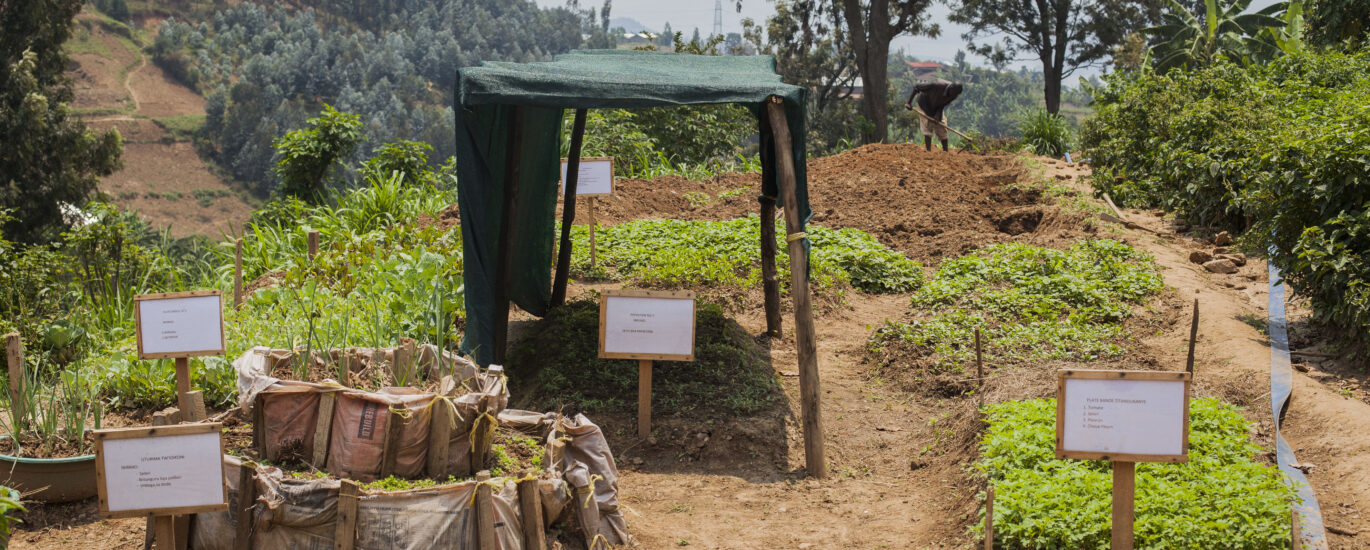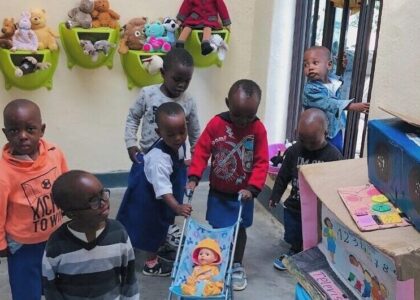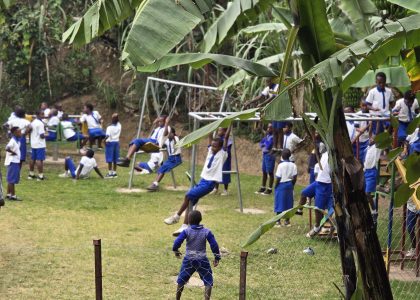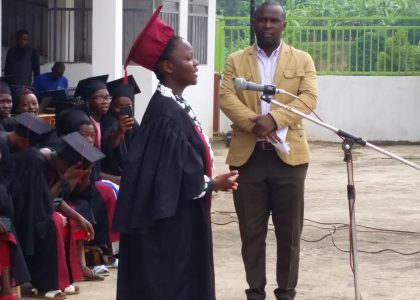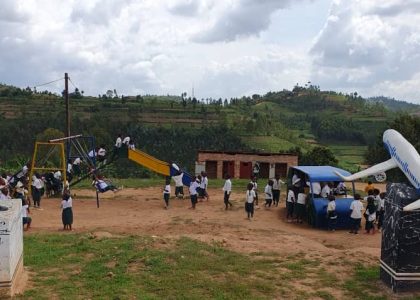A lot of children suffer from lack of nutrition. Most children have an unbalanced diet which affects their development and physical and mental abilities. In Rwanda, there is an initiative to assist families in cultivating a healthy nation. Translated from Kinyarwandan, this program is called, ‘Preparing A Balanced Diet.’ The local population often believes to grow their fruits and vegetables, it is necessary to own a huge vegetable garden, but even a small piece of land has great potential for harvest. Surprisingly enough, it is possible to grow green onions even in a box on a windowsill. This program is targeted to educate residents to use their resources to the maximum benefit.
To cultivate a healthy nation, we need to start from a very young age. Babies should receive all the necessary vitamins for strong immunity and timely development. Every child needs to consume proteins, fats, and carbohydrates in their diet in proper proportions. Most locals try to eat and feed their children in large portions whenever given the opportunity. Culturally families typically habitually overcompensate and conclude large portions are nutritious and healthy. A meal often consists merely of beans or boiled bananas. A growing body needs a variety of vegetables and fruits because they are rich in fiber and vitamins, which are necessary to strengthen the immune system. Weak immunity leads to an increase in morbidity. And protein is also needed because it is a vital building material for all living organisms. Protein builds new body tissues, hair, nails, etc. For proper brain development, foods that contain iodine, phosphorus, and omega-3 polyunsaturated fatty acids are necessary. This information is not commonly known. As a result, in our area, you can meet teenagers who have experienced malnourishment and look very young in stature.
Our organization takes an active part in teaching the local community to grow vegetables and fruits on their pieces of land. GHH employees grow various types of vegetables and fruits on school grounds, such as bananas, avocados, carrots, cabbage, green onions, eggplants, local do-do grass, mangoes, guava, tangerines, lemons, papaya, passion fruit, and tamarillos. GHH employees periodically organize the distribution of seeds to advance local people’s gardens. More than 1,300 banana palm seedlings were issued. These banana palm seedling will produce a nutritutious component in the local people’s diet. Many seeds for cabbage, do-do grass, onion, carrot, eggplant, papaya, and tamarillo also were distributed recently.
Open days are held at our school cafeteria to teach the locals to have a balanced diet. Chefs prepare lunch or dinner that consists of various products necessary for the timely development of the child. On these days, we are visited by a large number of people who desire to learn and can through our seminars.
